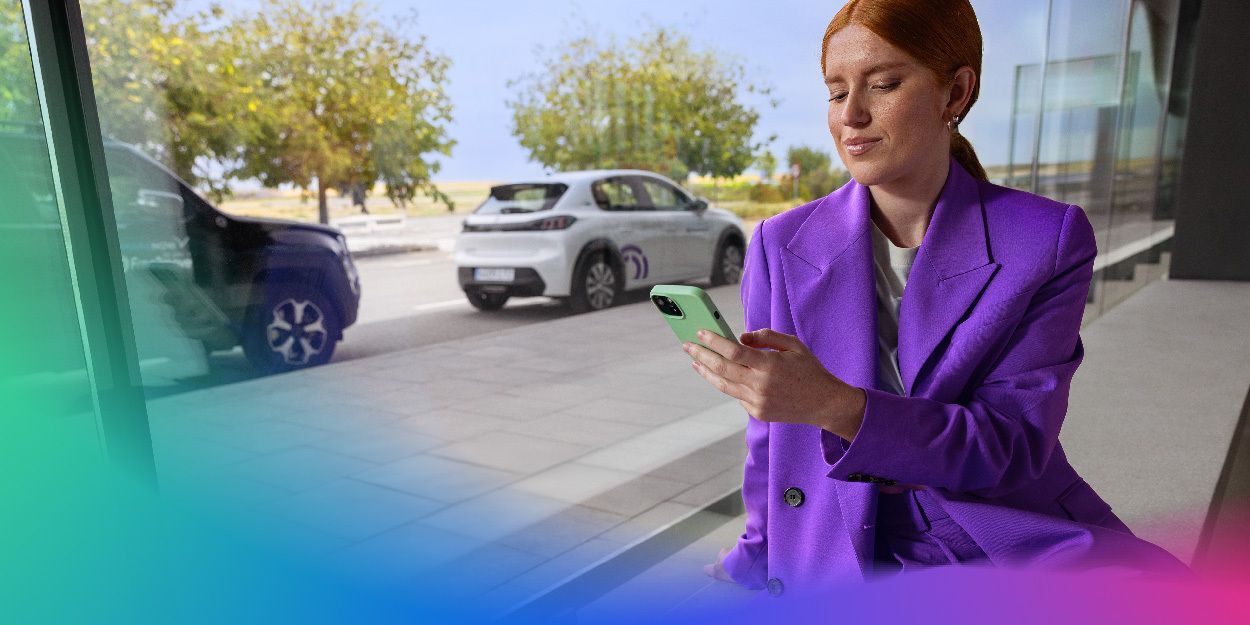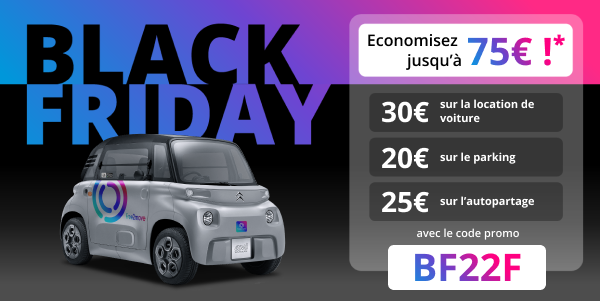Taxi vs. Car-sharing

In the rapidly evolving urban transportation landscape, the need for reliable transportation has become increasingly important. Hailing a conventional taxi has been the go-to solution for many years but with the rise of apps and technology, car-sharing services have started to take off. While both offer a convenient mode of transportation, they each cater to distinct needs and preferences. In this blog post, we will explore the strengths and weaknesses of both mobility options, shedding light on why one option stands out as the clear winner.
Cost efficiency:
Car-sharing services are known for their cost efficiency, offering users the ability to pay for only the time they use a car. Taxis, on the other hand, often come with higher metered rates, additional surcharges, and unpredictable pricing during peak hours. Car-sharing allows consumers to enjoy a more transparent and predictable pricing structure, making it an economical choice for their daily commute. For businesses, detailed usage reports mean companies can monitor expenses closely, and identify cost-saving opportunities more effectively than with traditional taxi services.
Car-sharing platforms are mostly accessible through mobile apps that allow users to locate, book, and unlock vehicles seamlessly. This level of convenience surpasses traditional taxi services, as users can access a shared car at their convenience without the hassle of waiting for a cab or dealing with uncertain availability. Some ride-hailing services such as Uber are also bookable through apps but have faced various challenges in recent years related to driver safety, including reported incidents of assaults and harassment during rides. Car-sharing allows for a private and safe ride, as you are the driver of the vehicle.
In the future of urban mobility, taxis and car-sharing are likely to coexist, catering to different segments of the market. While traditional taxis have been a staple of urban transportation for decades, the shift towards modern alternatives like car-sharing is undeniable. From a cost-effective and eco-friendly B2C perspective to the streamlined fleet management and cost control benefits for B2B scenarios, car-sharing emerges as the clear winner. Embracing the efficiency and sustainability of car-sharing services is not just a trend but a strategic choice for individuals and businesses alike.
Articles similaires



Pénurie de Carburant: Les solutions électriques de Free2move
14 octobre 2022Nous traversons depuis quelques jours, une pénurie de carburant importante et qui nous impacte tous. Pour cela, Free2move propose des solutions électriques pour tous vos déplacements, personnel ou professionnel, avec des véhicules accessibles pour quelques minutes, heures, jours, semaine jusqu'à plusieurs mois.…
Lire la suite